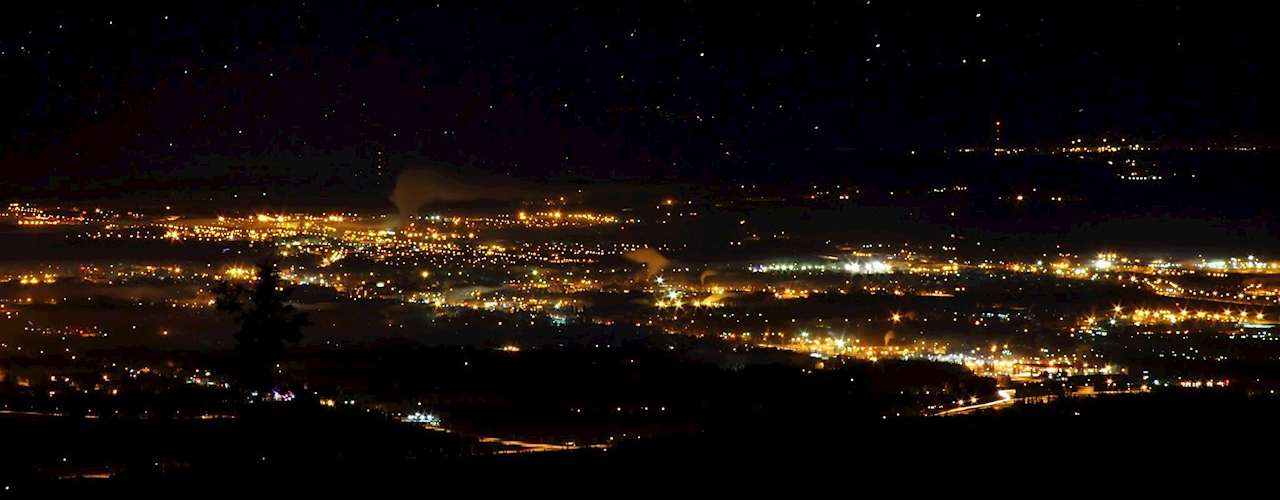2 min read
Avoiding blackouts due to immediate support from battery energy storage

Making daily life possible in biting cold Arctic conditions
A core value of Golden Valley Electric Association (GVEA), an electric cooperative in the Fairbanks region, Alaska, is providing a safe and reliable supply of sustainable energy. Ensuring residents are provided adequate heat and light is critical in the United States’ northernmost metropolitan statistical area, located only about 120 miles (193 kilometers) from the Arctic Circle, where winter temperatures can fall as low as -62 degrees Fahrenheit (-51 Celsius). Due to the challenges of operating in such an extreme environment, GVEA has long sought innovative strategies to best meet the needs of its customers. As a result, 16 years ago, GVEA became an early adopter of our battery energy storage system (BESS), which set the Guinness World Record for the world’s most powerful battery – and at the age of 16, also the oldest.
Preventing 30,000 power outages with battery energy storage
The BESS strengthens grid resilience, lowers energy costs and is a large back-up power source, while improving the efficiency, reliability and user availability of the power system. This storage capability is supported by our control and automation technology for microgrids and BESS and it is installed in Fairbanks, Alaska. A short time after installation, it was proven that the BESS had prevented 30,000 power outages and as a result achieved a 90% reduction in power supply outages.
Unshaken by earthquakes, the energy keeps on flowing
The benefit of BESS was underlined in November 2018 when a massive 7.0 magnitude earthquake struck Anchorage, Alaska, the state’s most populous city. The transmission line that brings power from southeast Alaska into Fairbanks and the state’s interior was damaged. For most of the Golden Valley customers, however, this supply disruption that affected other parts of the state, passed by unnoticed amid the oncoming winter’s chill. As GVEA staff worked without stop to restore normal operations, BESS seamlessly came online and kept energy flowing to customers.
Powering societies with sustainable energy
The BESS occupies an area larger than a soccer field and enables seamless switching from power line to battery and back to power line again. Microgrid and battery energy storage systems are today becoming more popular across the globe. They enable reliable access to power supply and allow for a significant reduction in fossil fuels, as well as a reduction in overall maintenance costs, thus supporting a future based on sustainable energy.